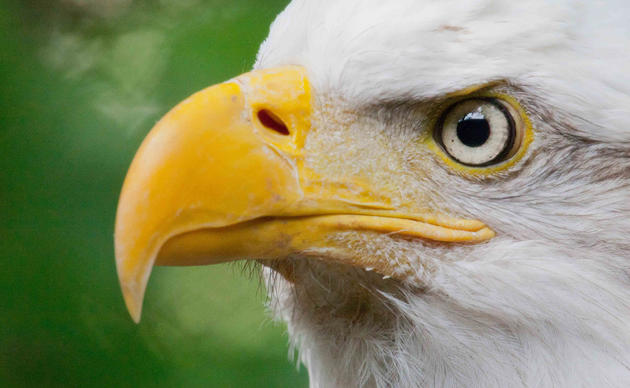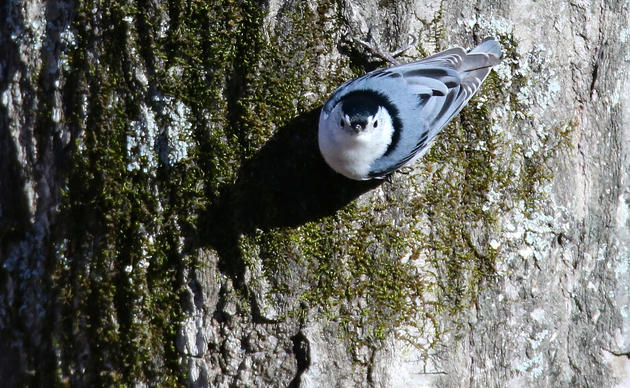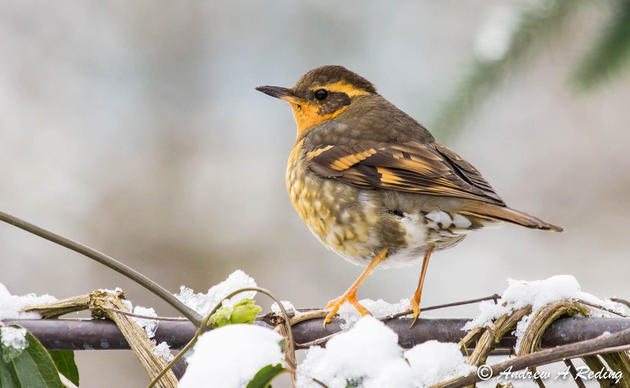June 29, 2021 - Seattle Audubon and Audubon Washington are saddened to report on a mortality event at a West Seattle Caspian Tern colony. On June 28, 2021, many chicks were observed to have perished on the rooftop or were killed or injured after jumping to the ground below or having wandered into traffic on Highway 99.
Volunteers and wildlife professionals monitored the colony of approximately 1000 Caspian Terns until late in the evening Monday. They returned today to recover any survivors and return uninjured birds to their nests. At least 30 young terns were taken to the wildlife clinic at the Progressive Animal Welfare Society (PAWS) in Lynwood. The situation in West Seattle now appears to be stable and officials at Washington Department of Fish and Wildlife urge people to let the parents care for the young, unless young birds are obviously injured and in need of treatment.
While the cause is not certain, temperature stress from the record-breaking extreme heat is likely. Extreme heat is a known, climate-related threat that can be especially harmful during vulnerable nesting periods for birds. This heart-breaking scene should serve as a warning of the toll that human-caused climate change is taking on our planet’s plants, animals, ecosystems, and people. Projections from the National Audubon Society estimate that 108 bird species in King County are vulnerable to the impacts of climate change and are at risk of extinction.
Birds tell us that we must act now. Reducing carbon emissions is essential to addressing the climate emergency. While Washington State passed monumental climate policies in the last legislative session, our state cannot do it alone. We need action at all levels, from local to national to international.
Here are several ways you can get involved.
- Help us track bird mortality events by reporting dead or injured birds at dBird.org
- Sign up for Seattle-specific conservation action alerts through the Seattle Conservation Activist Network.
- Please take a personal climate pledge.
- Support the Growing Climate Solutions Act, which would help farmers, ranchers and forest land owners store carbon in their working lands. Ask your Representatives to support this bill, and help make working lands part of the long term solution.
Contributions to support the incredible work that PAWS does for our area wildlife can be made at: https://www.paws.org/donate-now/
CONTACT
Joshua Morris, Urban Conservation Manager | joshm@seattleaudubon.org
Trina Bayard, PhD, Director of Bird Conservation, Audubon Washington | trina.bayard@audubon.org




